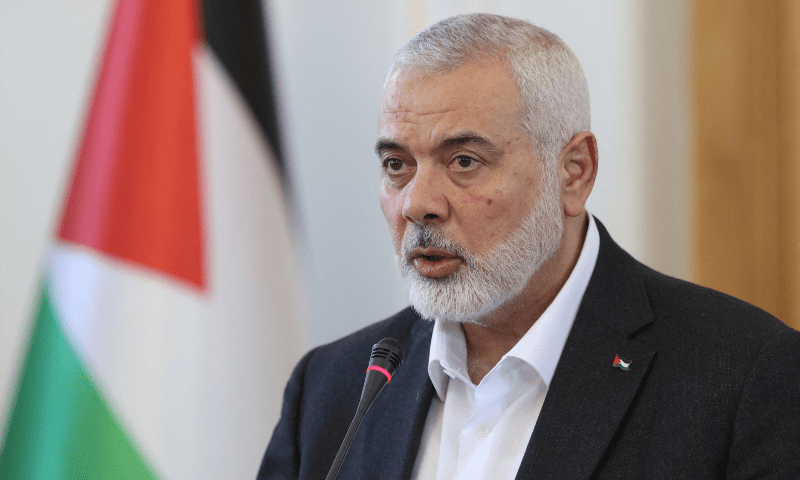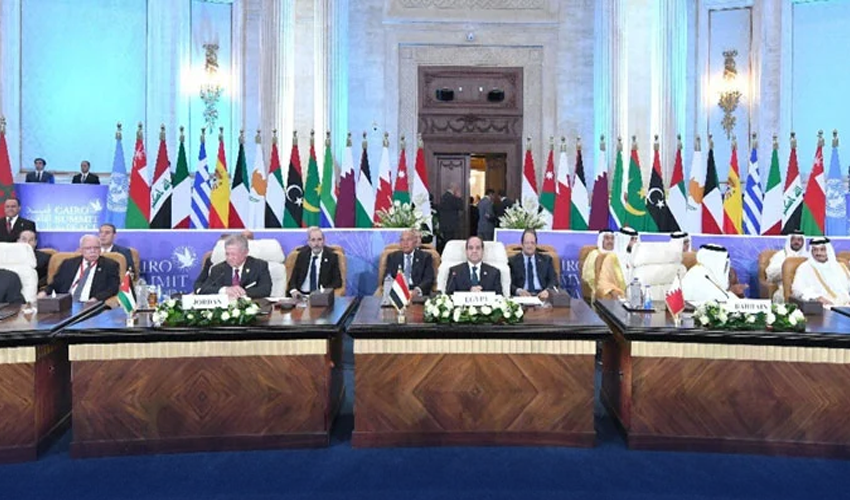WATCH

Hamas leader Ismail Haniyeh was assassinated in the early hours of Wednesday morning in Iran, according to a statement from the Palestinian group Hamas. The killing has raised fears of a wider escalation in a region already shaken by Israel’s offensive in Gaza and ongoing conflict in Lebanon.
Iran’s Revolutionary Guards confirmed Haniyeh’s death just hours after he attended a swearing-in ceremony for the country’s new president. The Guards reported that one of Haniyeh’s bodyguards was also killed in their Tehran residence.
There was no immediate comment from Israel, but the Israeli military stated it was conducting a situational assessment without issuing new security guidelines for civilians. The assassination comes less than 24 hours after Israel claimed to have killed a Hezbollah commander linked to a deadly strike in the Israel-occupied Golan Heights.
Senior Hamas official Sami Abu Zuhri described the assassination as a "grave escalation" by the Israeli occupation, aimed at breaking the will of Hamas. He asserted that the assassination would fail to achieve its objectives, emphasizing that Hamas is an institution, not just individuals. Zuhri vowed that Hamas would continue its resistance.
Iran’s top security body is expected to meet to decide on a response strategy. Palestinian President Mahmoud Abbas condemned the killing as a cowardly act and called for unity and resistance against the Israeli occupation. Abbas’s condemnation was echoed by Palestinian factions in the occupied West Bank, who called for a general strike and mass demonstrations.
Global internet monitor Netblocks reported a nation-scale disruption to internet connectivity in Pakistan, further complicating communication in the region.
Ismail Haniyeh, normally based in Qatar, had been a key figure in international diplomacy for Hamas. His assassination follows Israel’s relentless ground and air offensive in Gaza, which has killed over 39,000 people and left more than two million facing a severe humanitarian crisis since the conflict began on October 7.
US Secretary of State Antony Blinken and Defense Secretary Lloyd Austin both stated that the United States was not involved in Haniyeh’s killing and emphasized the importance of a Gaza ceasefire to prevent further regional conflict.
Pakistan and several other countries in the Middle East condemned the assassination, warning that it could escalate tensions and undermine peace efforts. Iran's newly sworn-in President Masoud Pezeshkian and other international leaders have issued strong statements condemning the act and promising repercussions.
The international community remains on high alert as the region braces for potential fallout from the assassination.




